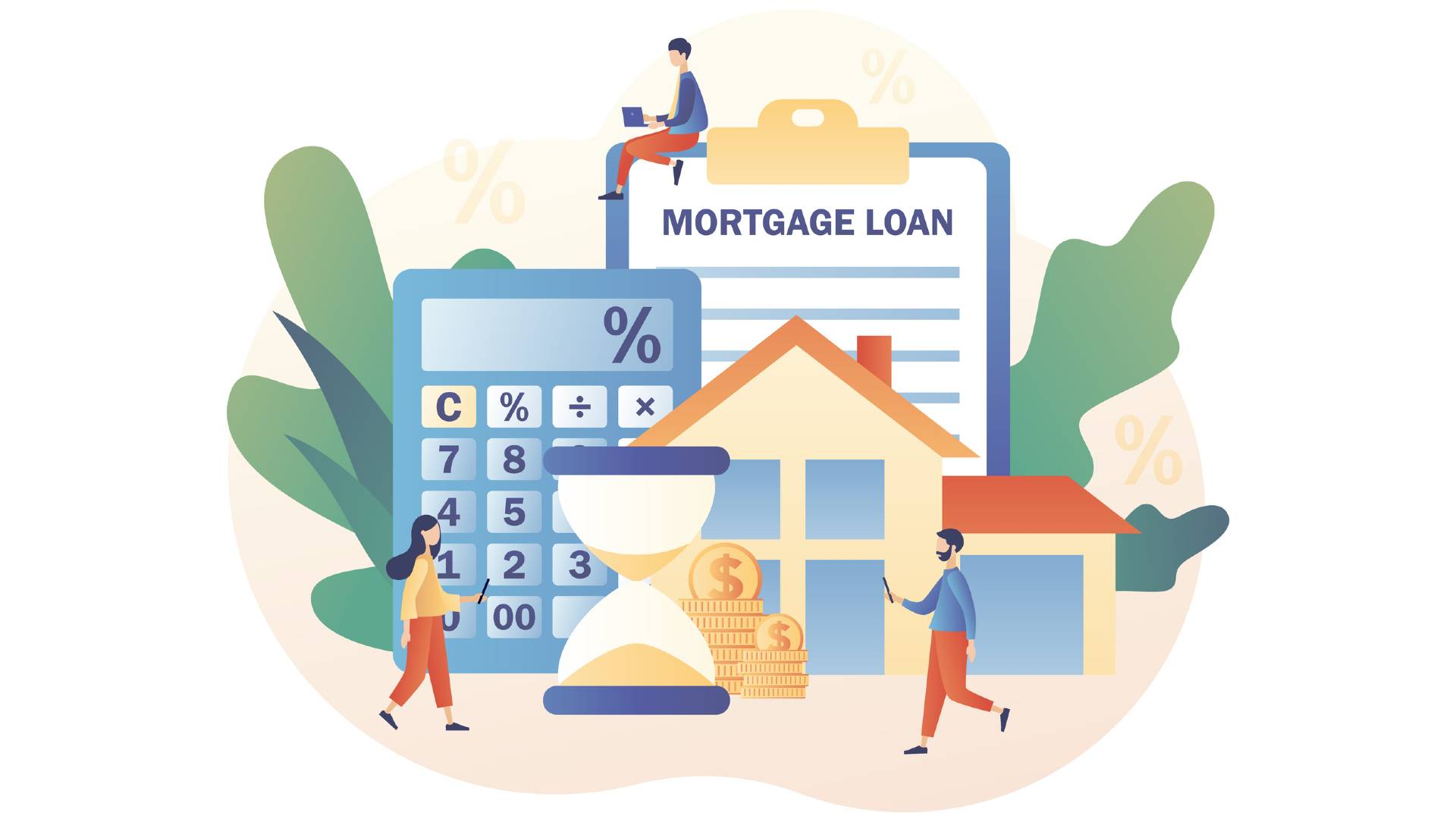There’s more to purchasing your first home than saving a down payment. Many fees are associated with the mortgage application process, commonly bundled under the term “Closing Costs.” Among these fees is the mortgage origination fee.
What is a Mortgage Origination Fee?
A mortgage origination fee is a charge levied by your lender to process your loan. Approving a mortgage loan involves several people spending hours gathering and analyzing information on your mortgage application, and this fee helps cover those costs. If you’re working with a mortgage broker, this fee serves as their commission for originating the loan.
Lenders typically assess a fee ranging from 0.5% to 1.0% of the total loan amount as a mortgage origination fee.
Tip: Your mortgage loan origination fee is calculated based on the loan amount, not the total purchase price of your home. For example, if you’re buying a $400,000 home with a 5% down payment ($20,000), your mortgage loan amount would be $380,000. If your loan origination fee is 1%, you will pay 1.0% of $380,000, which equals $3,800—not 1% of the $400,000 purchase price.
Where do mortgage origination fees appear in closing statements?
Mortgage origination fees are part of your closing costs and will be detailed in your closing documents. In the U.S., they are listed on page 2 of the Loan Estimate and Section A on page 2 of your Closing Disclosure under the heading of Loan costs. Your lender may itemize origination charges, including application fees, underwriting fees, processing fees, and rate-lock fees. However, what matters is the total amount.
Tip: The lender must provide the Closing Disclosure at least three business days before you close on the mortgage loan. This three-day window allows you to compare your final terms and costs to those estimated in the Loan Estimate that you received from the lender shortly after applying for a loan. During the three days, ask your lender any questions so you have a clear understanding of the total funds you’ll pay at closing.
Who pays mortgage loan origination fees?
The person responsible for paying loan origination fees is the person taking out the mortgage—the buyer. While you can ask your real estate agent if sellers may contribute to closing costs, any amount they cover will be deducted from the total closing cost.
What happens if my mortgage application isn’t approved?
“No loan, no fees.” If your mortgage application is not approved, you shouldn’t have to pay the loan origination fees, as they are part of closing costs.
If I change lenders before closing, do I need to pay a mortgage loan origination fee to the lender I left?
If you switch lenders before closing, you won’t have to pay the mortgage loan origination fee to the lender you left, but you will need to pay it to your new lender. However, we do not recommend switching lenders after submitting your mortgage application, as this could delay your mortgage approval and closing.
Note: Other closing costs, like appraisal and inspection fees, may still be payable to the original lender, but you can often transfer these reports to the new lender to avoid duplicate fees.
Should I inquire about loan origination fees before submitting my mortgage application?
Absolutely! It’s advisable to ask potential lenders about their mortgage loan origination fees before applying, as this cost can vary. Consider your financial situation and the effort a lender puts into securing your loan. Sometimes, paying a bit extra for a lender dedicated to getting your loan approved is a wise investment in homeownership.




